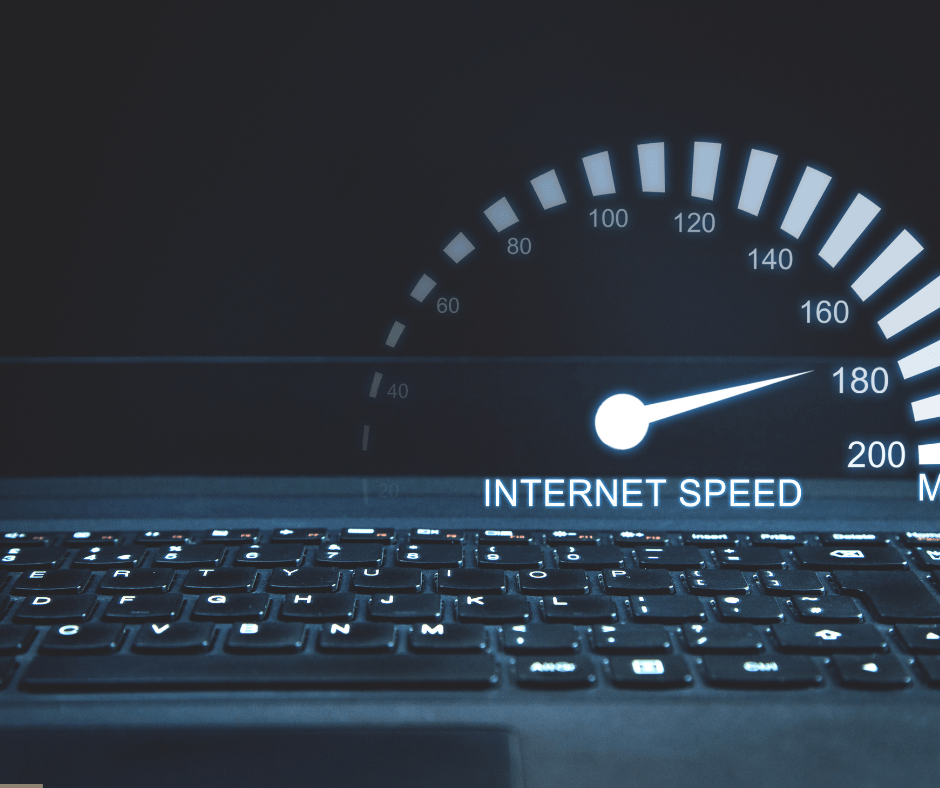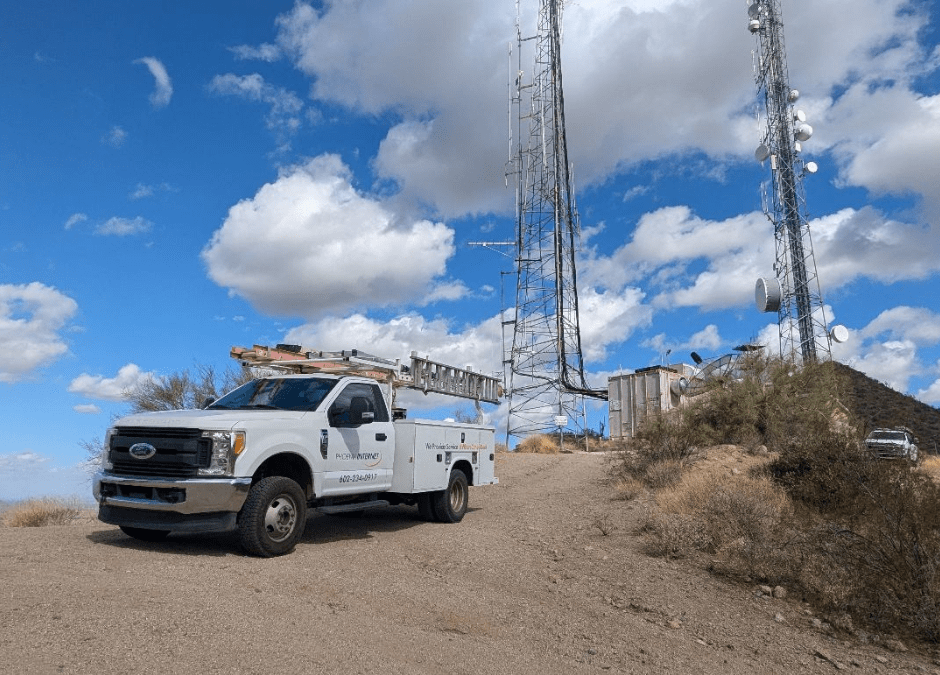Reliable internet service has never been more important than it is today. This includes those with limited access, especially those who live in rural areas. The options are limited and the service at times is absolutely questionable. Right now in rural Phoenix, large cable companies like CenturyLink simply cannot provide the infrastructure for internet service. This leaves the option of either no internet service or satellite. However, there is a third option that residents of rural Phoenix have and that is Phoenix Internet. It is neither cable or satellite internet.
Here, we will outline Phoenix Internet versus satellite Internet. It is important to choose the right type of internet so you can receive the service you deserve.
Overview of Phoenix Internet
Residents of rural Phoenix, in places like Wittmann, Morristown, El Mirage (and more), have the opportunity to take advantage of the spectacular service from Phoenix Internet. It is neither direct cable or satellite internet. Instead, Phoenix Internet offers a hybrid of fiber optic and fixed-point wireless internet.
What is fixed point wireless internet? Simply put, fixed wireless internet is a type of broadband connection that uses radio signals to deliver internet service from a nearby tower directly to a receiver at your home or business. It provides high-speed internet without the need for physical cables. This makes it ideal for rural areas where wired infrastructure is limited.
Overview of Satellite Internet
As one can assume, satellite internet uses satellites that orbit the Earth to transmit internet signals to your home. Typically customers will have a dish installed on their property to receive the signal. Therefore, the data must be transmitted from your device to your dish and then to the satellite orbiting around you.
In Phoenix, the industry leaders in satellite internet include HughesNet and Viasat. In the past, satellite internet might have been the only option for rural residents. This is especially true in areas where traditional fiber cables could not be economically installed.
Speed Comparison
The speed test is usually a high priority for most internet users. Especially if you are looking to stream, game, work from home, or be part of video conferencing then you need speed to take you there. Phoenix Internet typically sees download speeds from 15 Mbps to 100 Mbps and upload speeds between 5 Mbps and 20 Mbps. This will all depend on the plan you choose and your location, however, it is typically sufficient for all online activities.
When you compare these numbers to satellite internet like HughesNet or Viasat, the difference is noticeable. They advertise download speeds between 12 Mbps to 150 Mbps but the upload speeds are much slower. They range from 1Mbps to 3 Mbps. In addition, these rates are often affected by environmental factors like storms and network congestion.

Additionally, satellite internet struggles with factors like latency and reliability. Higher latency is often an issue for satellite internet as the signal has a much longer distance to travel. This results in noticeable delays, and the spinning wheel of doom. In contrast, Phoenix Internet proves to have lower latency due to the towers being nearby and less affected by weather. This makes your connection with Phoenix Internet more reliable.
Cost and Value
An important aspect of choosing between Phoenix Internet and satellite service is the cost and value ratio. None of the service is going to matter unless it is affordable. The good news is that Phoenix Internet offers straightforward pricing. There are no gimmicks or bundles to worry about. Depending on which service and tier you choose, most plans start at $50 per month. The best news is that there are no data caps either. You can use as much internet as you desire without any penalty.
Choosing a satellite brand like HughesNet or Viasat may start lower, but the quality typically will not suffice when you need it most. The plans can move upwards of $150 and still impose data caps and reduced speeds. Upfront costs including equipment can also put a damper on your budget. There may even be leasing fees on the equipment installed, thus increasing your overall service price.
When it comes to value, it is clear that Phoenix Internet beats the competition all around. With faster speeds, lower bills, and no data caps it makes sense to see if Phoenix Internet services your area. The long-term value and service make it the best option for rural internet service.
Final Thoughts: Phoenix Internet or Satellite – Which Will You Trust?
Finding a reliable and stable internet company while living life in the rural lane might seem near impossible. However, you can tell that Phoenix Internet has the speed, reliability, and budget to exceed your expectations. Your data will remain unlimited and internet surfing will be smooth sailing. No need to worry about an outrageous bill or low latency like with satellite. You can have it all with Phoenix Internet.

